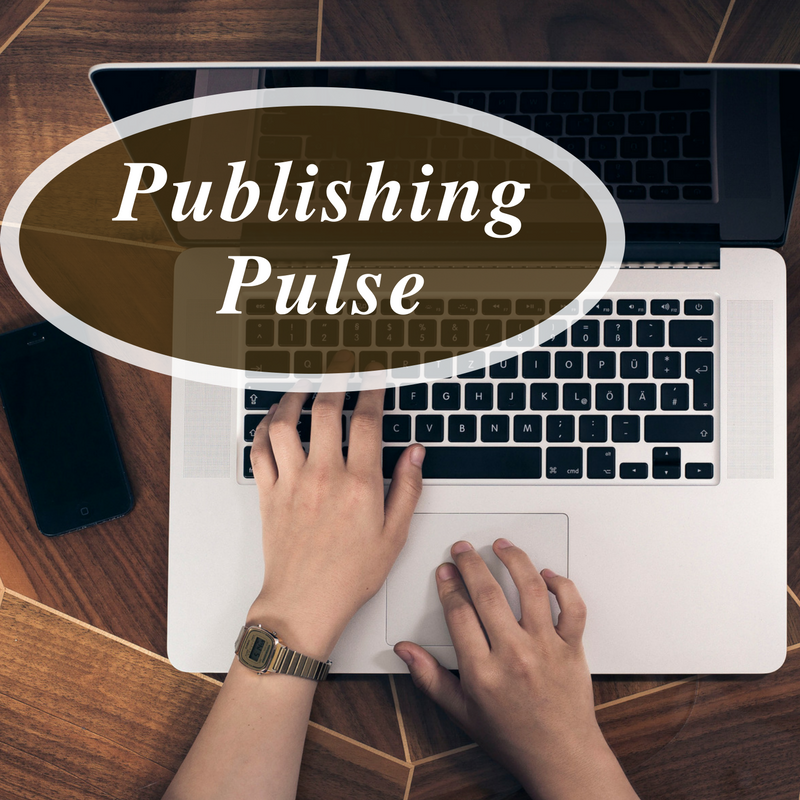
Writers Chat
Writers Chat Recap for February Part 1
Writers Chat, hosted by Jean Wise, Johnnie Alexander, and Brandy Brow, is the show where we talk about all…
February 15, 2022
Writers Chat, hosted by Jean Wise, Johnnie Alexander, and Brandy Brow, is the show where we talk about all…
February 15, 2022
Do you want to take your creativity and problem-solving abilities to a new level? Diversify your inputs. Increasing the…
September 8, 2020
It has never been easier to publish a book thanks to the rapid advancement of technology. Goodreads and Amazon…
August 18, 2020
Finding a reliable and dependable beta reader can be a challenge. They often bail on you. Why? This topic…
April 27, 2020
All writers need feedback. Should you use a beta reader? What is a Beta Reader? The majority of people…
May 27, 2019
I recently finished making wording changes on a self-published book that had already been typeset and printed — or…
September 12, 2018